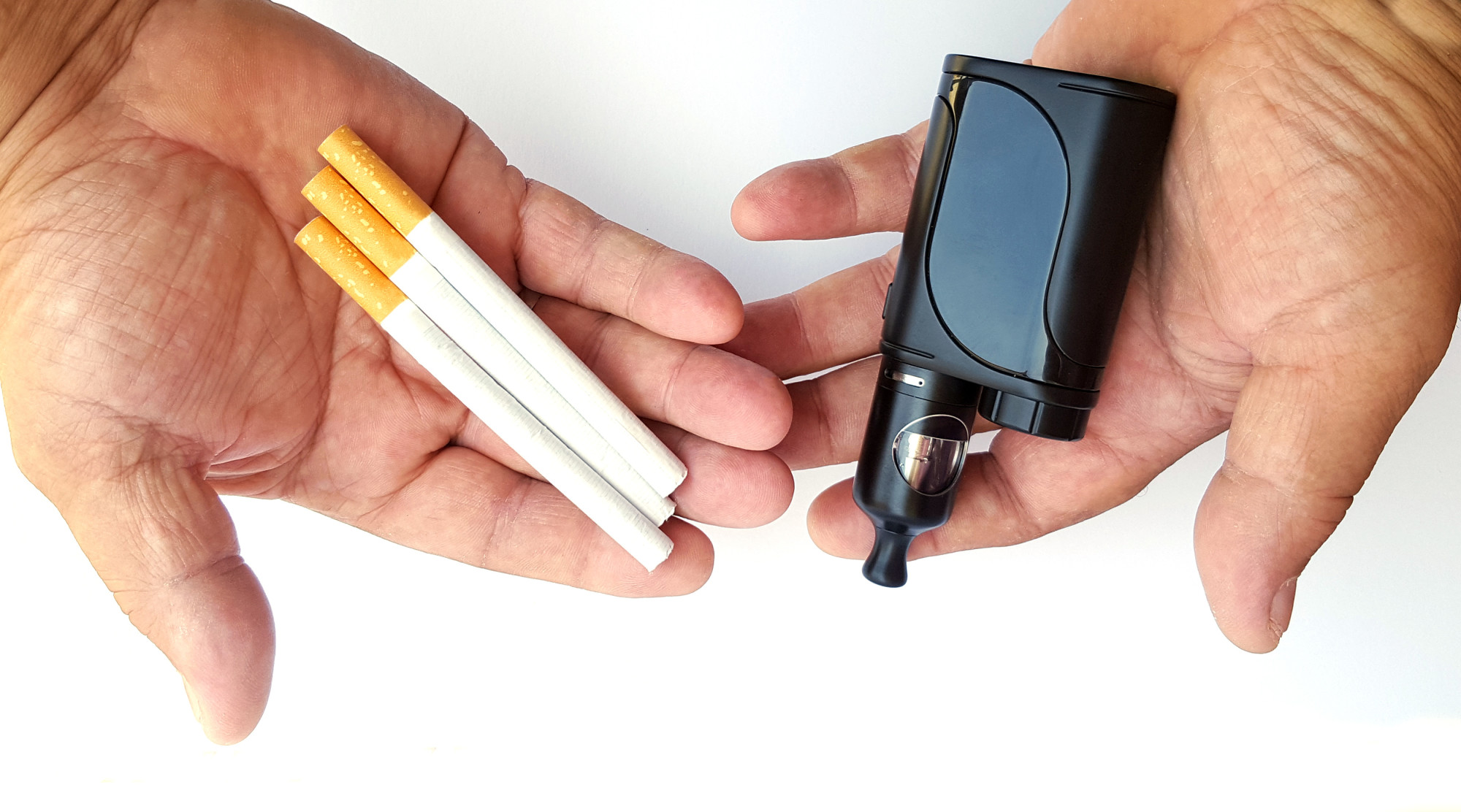Have you ever noticed that it takes a lot of effort to stop smoking? It proves the addictive nature of nicotine.
When you smoke at first, there is no nicotine dependence. Over time, your body gets used to the nicotine, and when your body gets used to something, it expects it.
Dubbed the law of addiction, when your body expects nicotine and doesn’t get it, you get symptoms of withdrawal. If you have tried and failed many times to stop smoking, consider that nicotine dependence may be why.
Here, we’ll talk more about nicotine dependence and how you can overcome this dependence. Read on!
Contents
The Nature of Nicotine Dependence
Nicotine is an addictive substance found in tobacco products. It affects the brain’s reward system. When it enters the body, it reaches the brain. This creates a euphoric sensation, reinforcing the desire to continue nicotine consumption.
Over time, the brain adapts to the presence of nicotine by reducing the number of nicotine receptors. As a result, individuals need more nicotine to experience the same pleasurable effects. This leads to an escalating pattern of nicotine addiction, making it challenging to quit.
Causes of Nicotine Dependence
One of the most common causes of nicotine dependence is cigarette smoking. Many people first try smoking as a social activity and then continue as it becomes addictive.
Nicotine can be found in chewing tobacco, snuff, and nicotine patches. Also, psychological factors can contribute to this, such as feeling stressed or feeling a need to fit in.
Effects of Nicotine Dependence
Nicotine dependence not only affects the brain but also has a profound impact on the body. It introduces harmful chemicals into the respiratory system, leading to various health issues.
Moreover, it also affects cardiovascular health. It constricts blood vessels, increases heart rate, and elevates blood pressure. Additionally, it can harm oral health, leading to gum disease, tooth loss, and stained teeth.
Overcoming Nicotine Dependence
Nicotine dependence is a formidable challenge. Various strategies and treatments can help individuals overcome their addiction.
Behavioral Therapy
This approach focuses on identifying and changing unhealthy patterns and habits. By addressing this, individuals can reduce cravings and break free from the cycle of addiction.
Nicotine Replacement Therapy (NRT)
NRT involves using nicotine patches, gums, lozenges, or inhalers to reduce nicotine intake. These products provide a controlled dose of nicotine, helping individuals manage withdrawal symptoms.
Medications
Certain prescription medications, such as bupropion and varenicline, can aid in smoking cessation. Yet, consult a healthcare professional before starting any medication.
Support Systems
Building a strong support system is crucial when overcoming nicotine dependence. Friends, family, and support groups can encourage the quitting process. In case of any questions or concerns, reaching out to TryVLN customer support can also be helpful.
Learn More About Nicotine Dependence
In conclusion, nicotine dependence can have serious health impacts on individuals. Seeking help to quit is an important step in quitting for good.
Quitting support, professional guidance, and quitting aids are available to those who want to quit. Take the first step today and reach out for help!
For more information, continue browsing our homepage.

